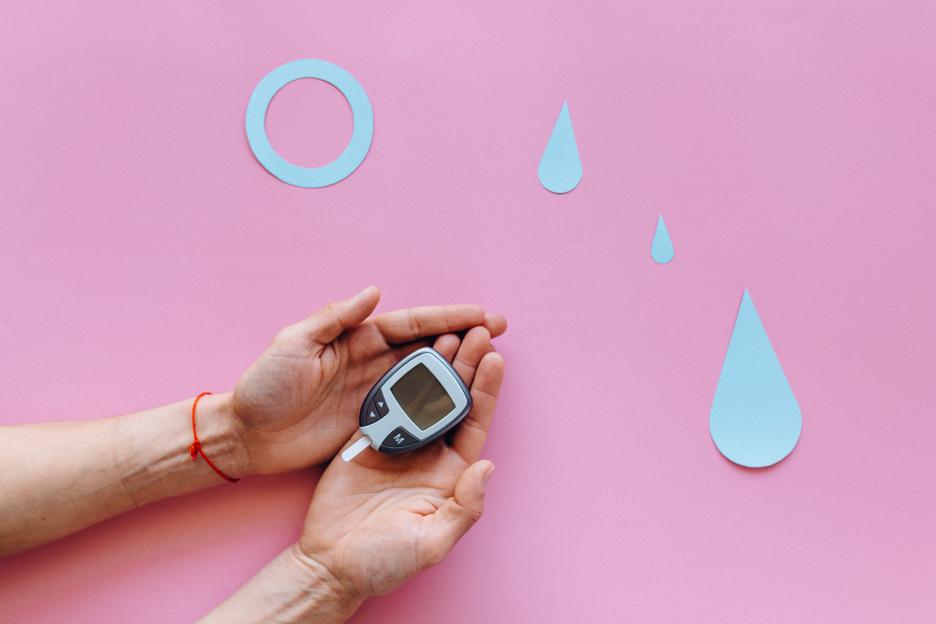Normal Blood Sugar Levels
Maintaining healthy blood sugar levels is essential for overall health and wellbeing. In this blog post, we will discuss the importance of normal blood sugar levels, provide an overview of the different types of blood sugar levels, and offer tips on how to maintain healthy blood sugar levels.
By the end of this blog post, you will have a better understanding of normal blood sugar levels and how to keep them in balance.
Understanding how blood sugar levels work
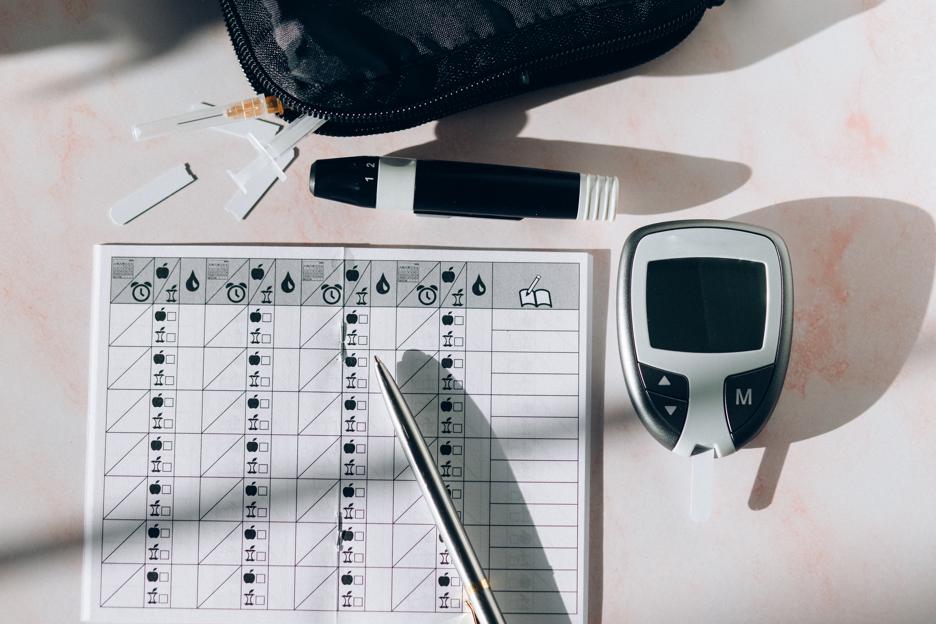

Maintaining healthy blood sugar levels is an important part of staying in good health. But how exactly do we measure and understand our blood sugar levels?
Normal blood sugar levels can vary depending on the time of day, but generally, it should be between 70 to 120 milligrams per deciliter (mg/dL) when you’re fasting (not eating anything) and less than 140 mg/dL two hours after eating. When it’s too low or too high, it can lead to health complications. So understanding and monitoring your blood sugar levels is essential for staying healthy and active.
Symptoms of abnormal blood sugar levels
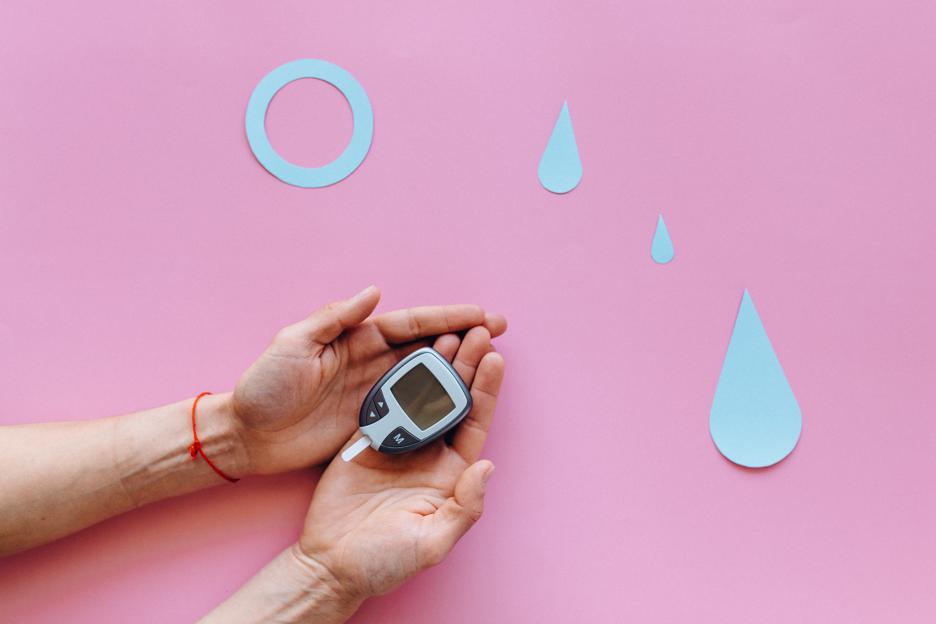

Abnormal blood sugar levels can have serious implications for your health, so it’s important to be aware of the symptoms. High or low blood sugar levels can cause a wide range of uncomfortable, and even dangerous, symptoms.
If you experience any of these symptoms, it is important to speak to your doctor about your blood sugar levels and possible treatments. Keeping your blood sugar levels within a normal range is essential for maintaining good health.
Causes of abnormal blood sugar levels
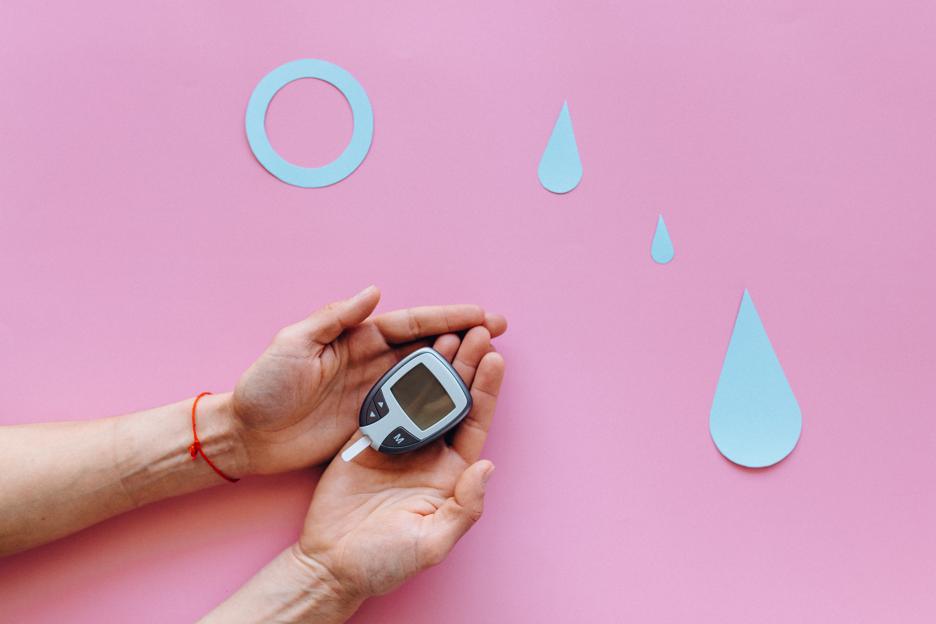

Blood sugar levels that are too high or too low are considered abnormal and can have serious health consequences. Uncontrolled or untreated high blood sugar levels can lead to a number of serious health problems, such as diabetes, stroke, kidney disease, nerve damage, and even death. Low blood sugar levels, known as hypoglycemia, can also be dangerous and lead to confusion, seizures, and coma.
The causes of abnormal blood sugar levels can vary, but often include lifestyle choices, such as poor diet or lack of exercise, and health conditions, such as diabetes. Proper nutrition, regular physical activity, and medication, when needed, can all help keep blood sugar levels within a normal range.
How to monitor blood sugar levels


Monitoring your blood sugar levels is an important part of managing diabetes. Knowing your normal blood sugar levels can help you make informed decisions about your diet, exercise, and medications.
This can help you avoid potential long-term complications of diabetes, such as heart disease, kidney disease, and nerve damage. To ensure you’re keeping your blood sugar levels in check, it’s important to know what’s considered normal.
Normal blood sugar levels vary depending on the time of day and your activity level. For most people, normal blood sugar levels should be between 70 and 140 mg/dL before meals and less than 180 mg/dL two hours after meals.
Diet and exercise to manage blood sugar levels
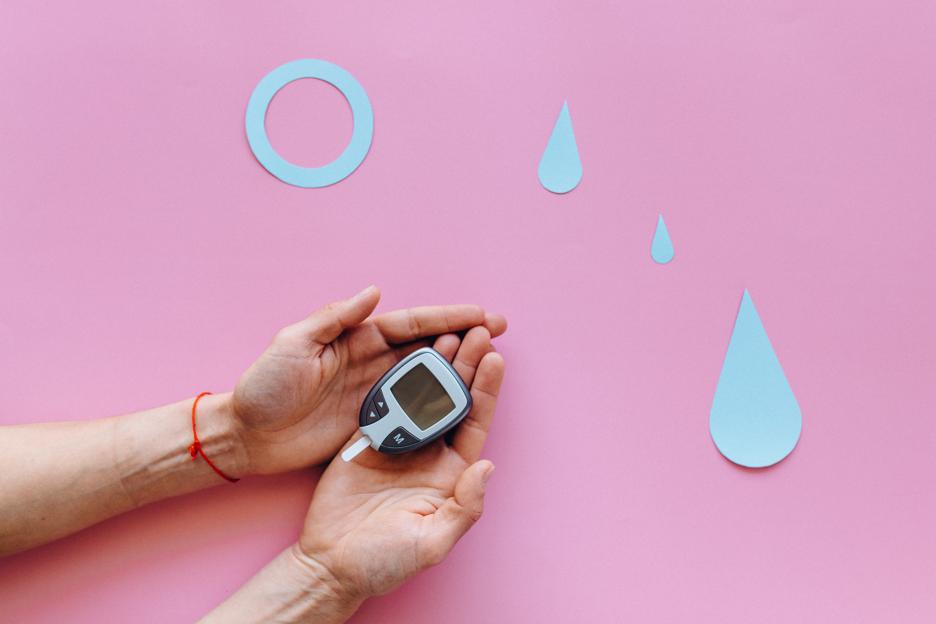

Maintaining normal blood sugar levels is essential for overall health and wellbeing. Eating a balanced diet and exercising regularly are two key ways to help manage your blood sugar levels. Eating a diet rich in whole grains, fruits, vegetables, and lean proteins can help keep blood sugar levels in check.
Regular exercise helps to improve insulin sensitivity, allowing your body to better manage glucose levels. Additionally, exercise can also help you to lose weight, which can further help to regulate your blood sugar levels.
Taking the time to focus on diet and exercise can help to keep your blood sugar levels within a normal range.
Tips for maintaining normal blood sugar levels
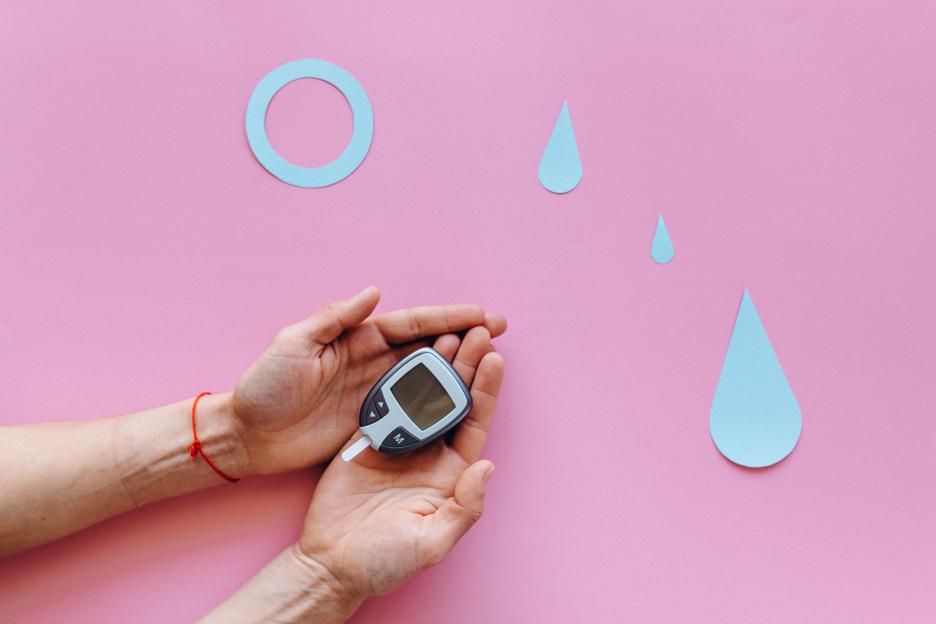

Maintaining normal blood sugar levels is a critical part of our overall health. Uncontrolled blood sugar levels can lead to serious health problems such as diabetes, heart disease, and stroke.
Fortunately, there are simple steps we can take to keep our blood sugar levels in check. Here are a few tips for maintaining normal blood sugar levels: Eat a balanced diet: Eating a balanced diet rich in whole grains, fruits, vegetables, and lean proteins is essential for keeping blood sugar levels in check.
Monitor your blood sugar levels regularly: Regular monitoring of your blood sugar levels can help you stay on top of any changes and take corrective action if needed.
Exercise regularly: Regular physical activity can help to regulate your blood sugar levels and reduce your risk of developing diabetes.
Limit sugar, alcohol, and processed foods: Eating too much sugar, alcohol, and processed foods can cause blood sugar levels to spike. Limiting these foods can help you maintain healthy blood sugar levels. By following these tips, you can help ensure that your blood sugar levels remain within a normal range and keep yourself healthy.
Final Touch
In conclusion, normal blood sugar levels vary depending on a person’s age, activity level, and other factors. Generally, blood sugar levels should be between 70-99 mg/dL before meals, and less than 140 mg/dL two hours after meals. If you have any concerns about your blood sugar levels, it’s best to speak with your doctor.
Regular monitoring and lifestyle modifications may help keep your blood sugar levels in the normal range.

